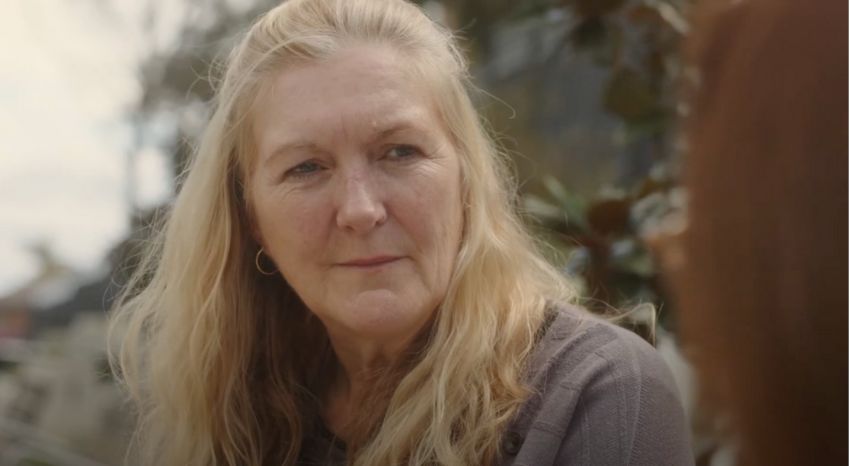It only took two hours for Yolanda Couchman to implement what she had learned from Anglicare’s Suicide Prevention for Seniors Program.
Although Ms Couchman had worked in aged care for a long time, she saw a need for more understanding around senior citizen mental health. As the program manager for tailored support with Anglicare, working with a team to care for older women in Anglicare’s affordable housing, she was used to walking alongside women who have experienced trauma such as domestic violence and require a high level of assistance.
“We were so excited [about this course] because it identified a need that we’d been talking about,” she says. “It gave us the skills to identify risks, empathise and be with [older women] on that journey.”
Almost 6000 people trained in three years
Anglicare launched the Suicide Prevention for Seniors Program in 2022 to equip those working closely with seniors to identify and support those who are at risk of suicide. It has since trained almost 6000 people to recognise the signs, step in to offer hope, and connect the elderly to services and resources that can help.
Those over 85 have the highest suicide rates in the country of any age or sex, according to the Australian Bureau of Statistics. In 2022, the suicide rate among men over 85 was 32.7 deaths per 100,000 people. Females over 85 now have the highest suicide rate among all females, with 10.6 deaths per 100,000 people.
“Younger people are more likely to tell others if they are experiencing suicidal thoughts,” says Mike Sheedy, the head of mental health at Anglicare. “We give our participants the knowledge and skills to pick up on warning signs, identify risk factors and have a conversation with the older person who may be having thoughts of suicide.”
Of the thousands of people who have been trained, 40 per cent came across a situation where they implemented the skills and knowledge they had gained within three months of completing the program. Of those people, 97 per cent said they had effectively connected and empathised with the senior citizen.
The confidence to ask
“One of the things we do is give people confidence to ask the question, ‘Are you thinking of taking your life?’, and 99 per cent of participants completing the Suicide Prevention for Seniors Program who came across a crisis were able to ask that,” Mr Sheedy says. “We feel it’s saving lives. It’s tremendous.”
The same afternoon that Ms Couchman completed the training, a colleague alerted her to an unfolding situation. “A lady had taken herself to an unsafe place,” she says. “We were able to assist this lady. I was able to coach my colleague and we were able to ensure that this lady had the attention she needed from emergency services.
“My colleague said to me after she could see the confidence [the training] gave me and…we could work together as a team to ensure this lady was safe.”
“We feel it’s saving lives. It’s tremendous.”
The free program is the first of its kind in Australia and has now been rolled out nationwide. Last year the program was officially accredited by Suicide Prevention Australia.
“Nobody [else] in Australia is specifically targeting suicide prevention for older people,” Mr Sheedy says. “It fits with Anglicare’s mission, vision and values. Previously, older people were offered generic wellbeing strategies that didn’t acknowledge the specific challenges they face such as chronic pain, bereavement from losing a partner, losing their sense of purpose and social isolation.
“Older people are also less likely to verbalise that they’re thinking suicidal [thoughts]. So we give people the strategies to look out for in a sensitive way.”
Please pray:
- for those who have completed the training to confidently step in when they suspect an elderly person may be struggling and contemplating suicide
- for more people to be equipped to see the signs and offer hope and support
- that senior citizens would be seen and heard, and their mental wellbeing looked after
- for Anglicare as it continues to serve in the aged care and mental health spaces
Those who are at immediate risk or know someone who is can contact Lifeline on 13 11 14, Beyond Blue on 1300 22 4636 or the Suicide Call Back Service on 1300 659 467.






















